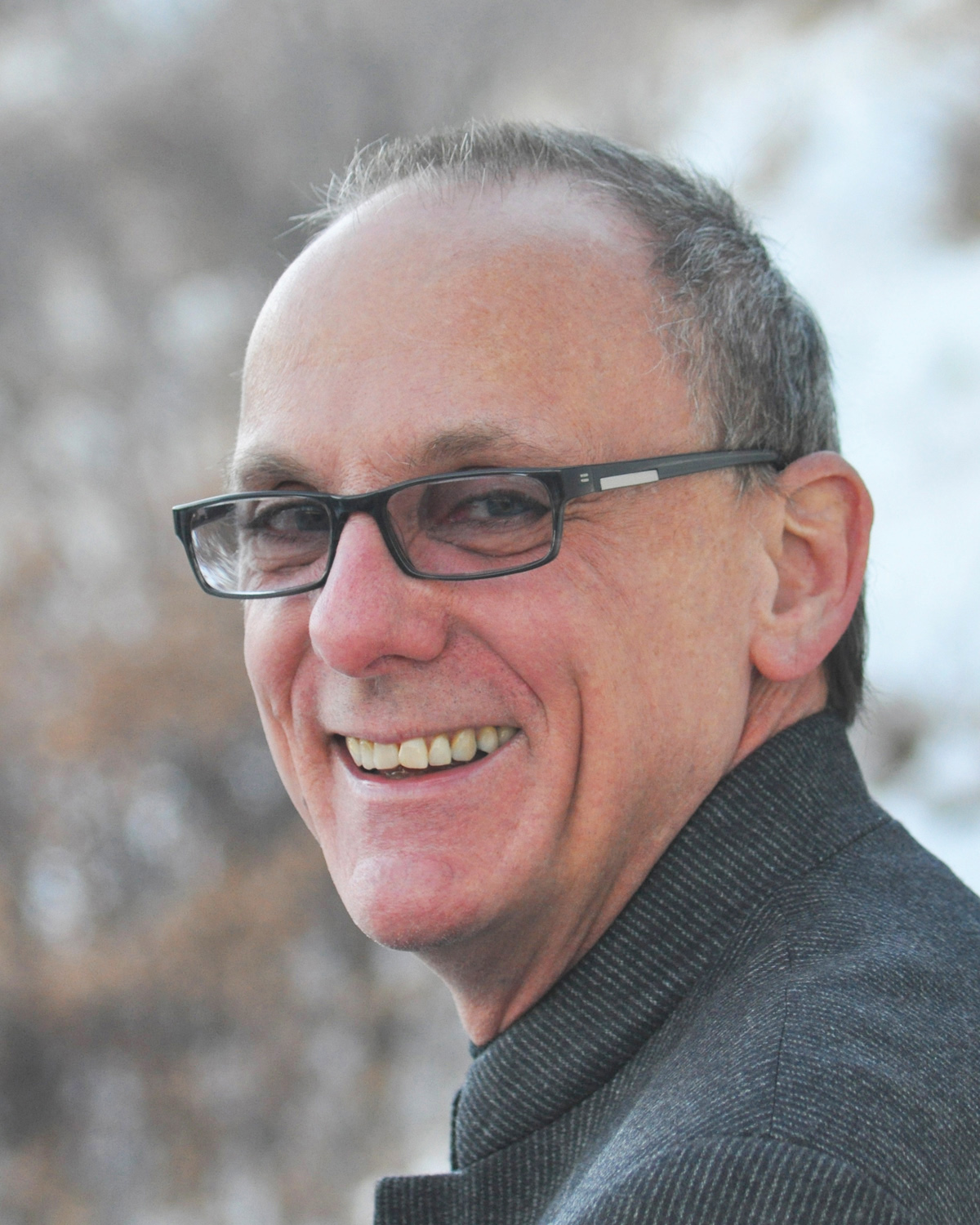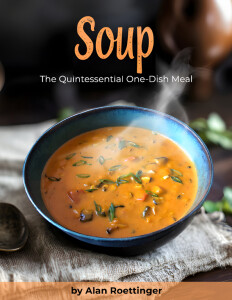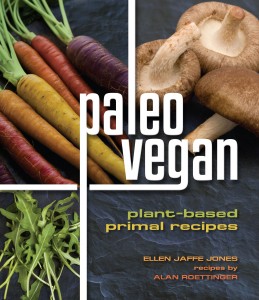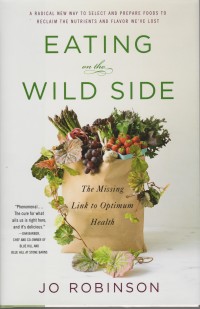I just read a piece by Robert Reich, which makes the case for “Medicare for all,” as the best way forward in both insuring all Americans, and lowering overall costs of “health care.” He claims that Medicare is the solution, not the problem. And he makes a good case, I think, provided his data are accurate. However, I take a different view of the problem–and the solution.
Looking at the overall condition of the developed world’s health, it’s quite obvious that something is amiss. Obesity, diabetes, cardiovascular disease and other diet-related health problems are on the rise at an unprecedented rate. I’ve seen estimates indicating that anywhere from 35 to 60 percent of cancers are diet-related. This means that we as individuals have control over the majority of our health issues, but for various reasons have failed to exert it, relying on the medical profession once our health fails.
I submit that if we’re serious about finding a solution, the very least we can do is to stop referring to our fall-back strategy as “health” care, and start calling it what it is: medical intervention. I know the implications of this switch in nomenclature are a little intimidating. At minimum, this means we will need to educate ourselves about diet, exercise, and healthy habits. That’s just for starters; then we’ll need to act consciously to implement what we learn, and develop a health-supporting lifestyle.
This may seem too much to tackle, but if you consider that doctors receive virtually no instruction or training in health and nutrition during their extensive medical education, anything we learn puts us ahead of them. See, what doctors learn about is not so much healthy bodies, as bodies that have sustained damage of various sorts, and how to repair them. Perhaps worse (for us), doctors in large part do not treat illnesses, but symptoms. Most people don’t go to the doctor until they have unpleasant symptoms, and their goal is simply to obtain relief. There is a lot more that doctors do–very important and valuable things–but in terms of health itself, we are the primary health care providers.
 |
| Good food is more fun than bad food. |
This is my proposal for cutting the cost of health care and medical intervention: accept responsibility for our health, and take personal, regular care of it. Diet, exercise, rest, and relationships are not anywhere near as difficult to manage as disease. Most of what constitutes health care (under my definition) is intuitive. Unless we’ve been ignoring common knowledge fairly stubbornly, we all have a pretty good idea what is required in order to keep our health at an optimum level. But because we’ve slipped into calling what doctors do “health care,” we’ve given ourselves license to ignore what we know, act irresponsibly, and rely on doctors for something they have no training or expertise to do. They aren’t there to live our lives wisely for us; they’re there to patch us up when we fail.
 |
| A 10-mile bike ride on the trails at sunset with my wife and bro-in-law. |
Here’s the good news: Once you embark on a path to greater awareness and better health, what seems overwhelmingly difficult and confusing actually becomes easy and enjoyable. There are challenges, sure. When you start doing exercise, it feels hard, a little painful, and very tiring. Soreness and fatigue appear to be the only rewards. But with persistence, as strength and stamina begin to develop, exercise becomes euphoric. You start to feel better making effort than avoiding it. It’s the same way with food–when you make a commitment to eat fresh, whole, well-prepared foods, the process of obtaining and preparing good food becomes thoroughly enjoyable. You start to see unhealthy habits for what they are: toxic. Resisting or avoiding healthy habits is inimical to our own best interests, pure and simple.
There are costs associated with health care. We do sometimes need to pay a little more for wholesome food, and we do need to invest some more time to cook and eat at home. We do need to work for our health, and there are challenges to overcome. But if you consider that caring for your health will drastically reduce your need for medical attention, it’s really not a bad deal at all.
This is life! Life overcomes what are truly insurmountable odds; life takes inanimate, dead, disorganized elements and creates brilliant operating systems that are alive, aware, and fueled by the possibility of joy. Taking care of our health is to join forces with life–the animating force that created and supports our existence–and participating in the fulfillment of our deepest purpose. When you see that, it’s a fantastic bargain at any cost.







Alan…I completely agree with you. I often converse with people about this very thing and help educate about another aspect of this…the difference between “prevention” and “early detection”. Most of our health organizations lump the two together, but the two are distinctly different. Its much easier to PREVENT disease than to cure it, at any stage. And healthy lifestyle choices is key to a prevention focus. The challenge is alot of people find it difficult to sustain healthy lifestyle habits, even when they understand the importance. Many times people need a catalyst to get them started or to keep them on track. In a perfect world we wouldn’t need it, but in the world we live in…it helps. I have found something effective which I use in my practice and share with others. Hopefully, with these kind of supports, any and everyone can make the transition to better health.
Thanks, Llee. Excellent point about prevention vs. early detection. My wife, who works in the medical field, brought up the the early detection side of it recently. It’s a major focus of the profession, with all the tests in their arsenal–detecting incipient disease, especially cancer, so it can be treated before it’s too advanced. Prevention gets too little attention (and compliance) to be widely effective. I’m convinced that the reason is that healthy choices don’t seem as fun as unhealthy ones. My contribution is to reverse this perception by making healthy food that’s fun to eat.
In my view, it IS a perfect world. It’s our individual perception, based on what we think would be convenient for us, that makes us wish it were different. I think the one thing that’s missing to make it perfect for us is to accept the rules as they are. In terms of health, most of us actually know the rules, but we try to get around them by choosing foods that don’t support health (to put it mildly), taking the path of least resistance when it comes to exercise, and relying on pharmaceutical solutions to cover the gaps in well-being that result. It’s our culture that’s imperfect, as it encourages us along this self-destructive slide with an economy that promotes processed food, an increasingly indolent lifestyle, and drugs for every symptom. Low-income people living in inner city neighborhoods are especially vulnerable, because the foods they have access to are all highly processed, laden with bad fats, salt, and sugars. This is what we’re facing, and it’s not easy for people to break the chain.
Those of us who are starting to understand can lead by example, so others can see that it’s the path of joy, not asceticism, that leads to freedom.